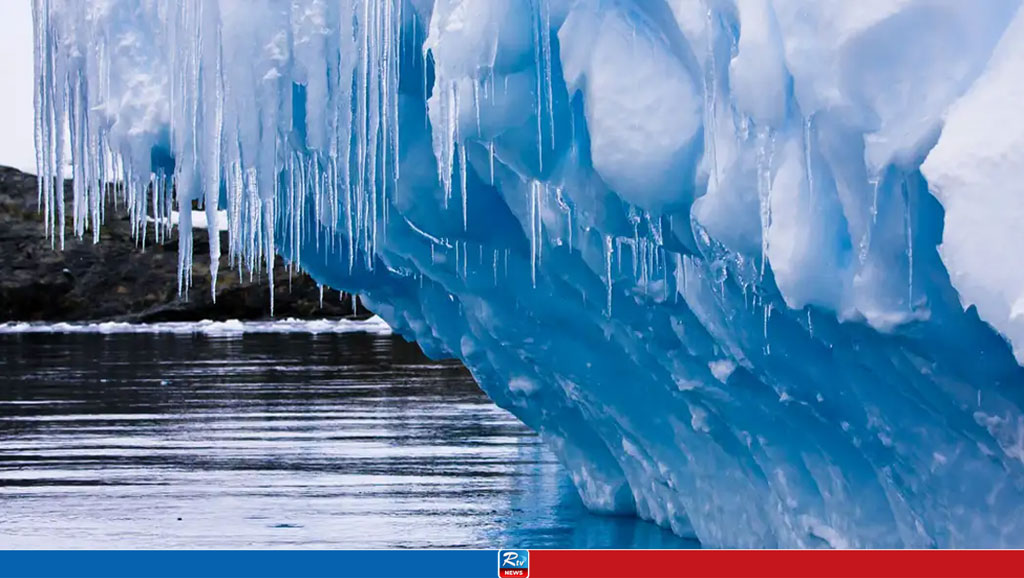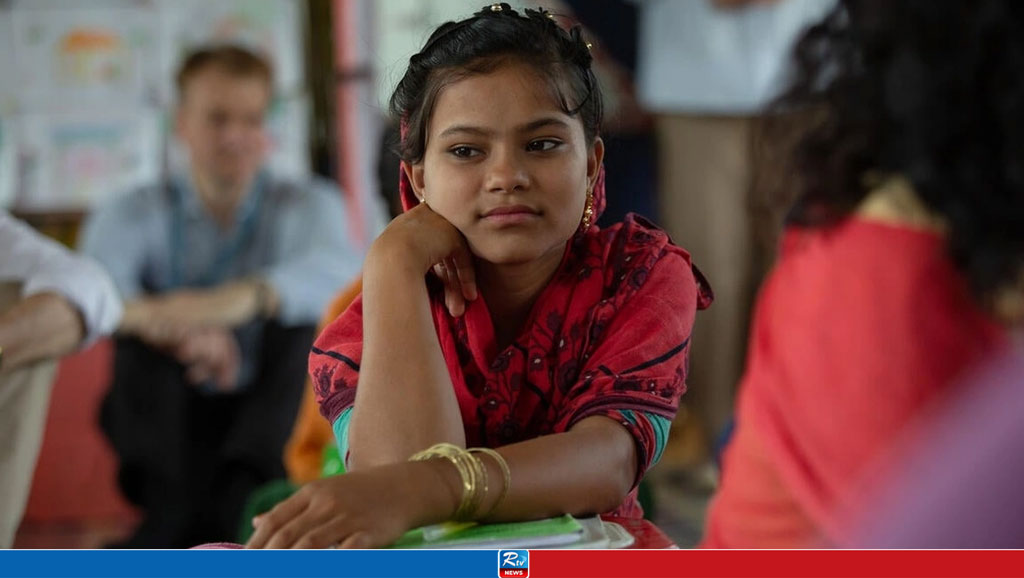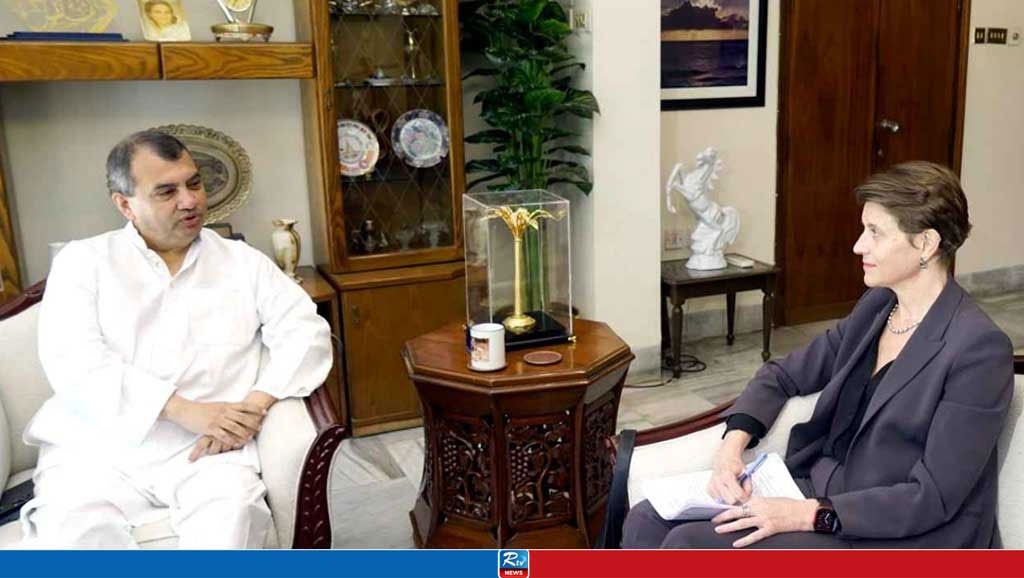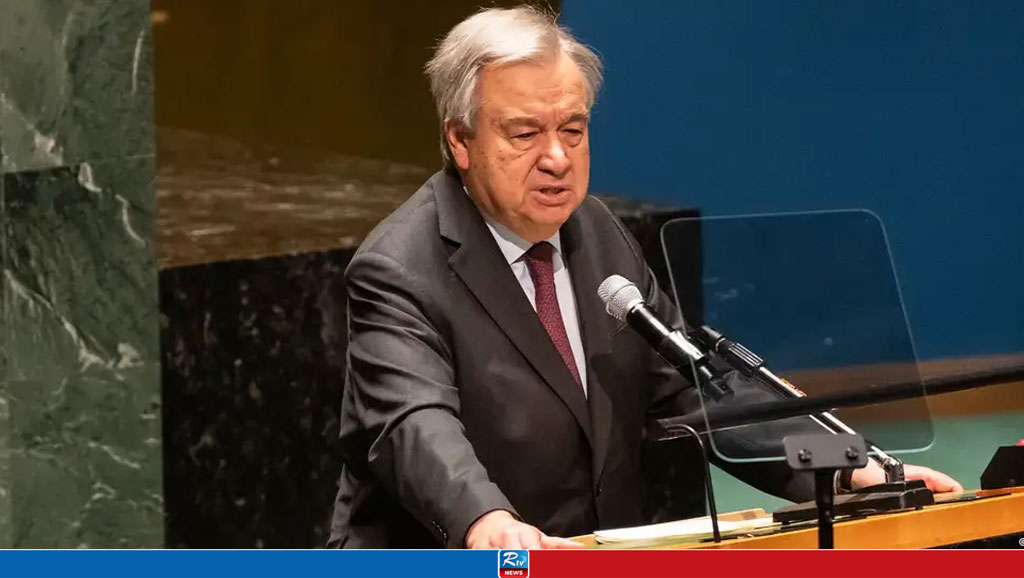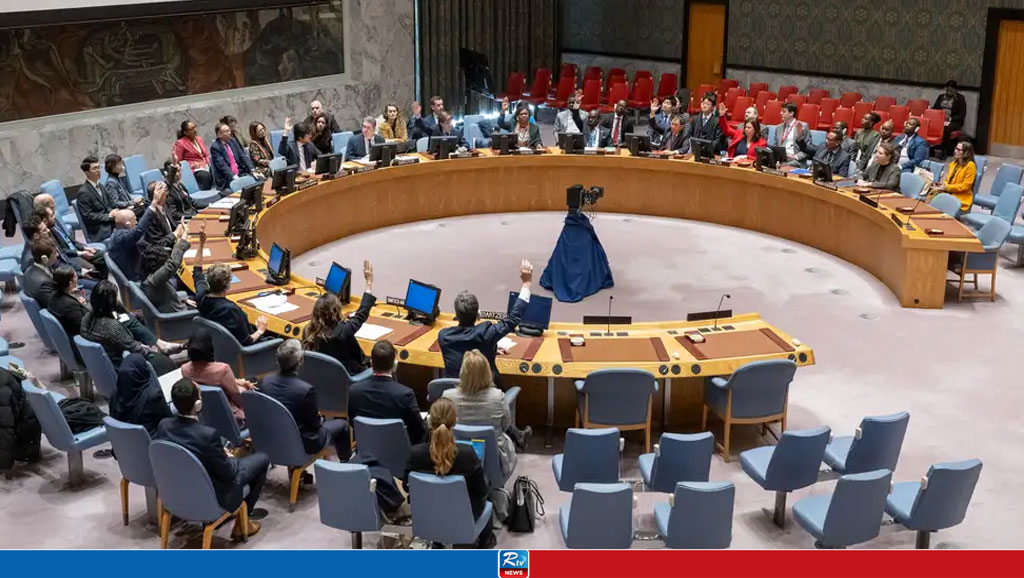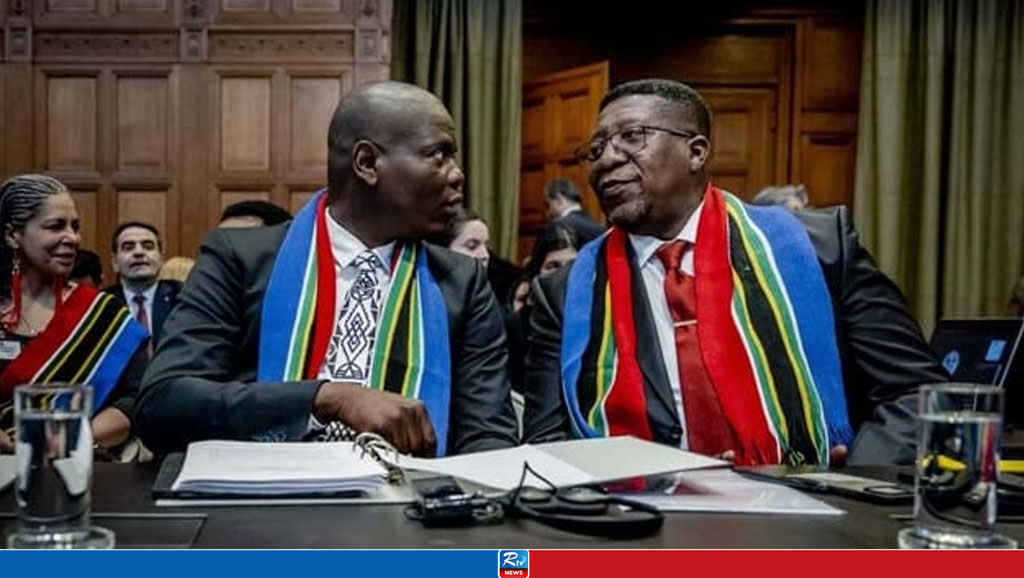China Has A Formidable Marine Corps But PLA’s UN Peace-Keeping Fiasco Shows It’s Not Battle-Hardened
The PLA Marine Corps (PLANMC) is a vital cog in Xi Jinping’s dream of establishing a Sino-centric world order as he builds the strongest military in the world. He is striving to develop a world-class Marine Corps that will be an elite force capable of full spectrum multidomain operations in all dimensions, including during emergencies at all times.
The success or failure of China’s global ambitions depends heavily on the growth of this force. As the PLANMC expands, the PLA assumes the nature of a capability-based force instead of a task/threat-based force. It becomes a critical capability for China’s expeditionary tasks and power projection. In the future, the pulse of China’s military prowess can be felt through its Marine Corps operations.
Broad Organization
The 1st Marine Brigade was founded on May 5, 1980. Later, in 1998, the PLAA’s 164th Division was reorganized into the 2nd Marine Brigade, forming the PLANMC with two brigades and approximately 10,000 personnel under the South Sea Fleet as part of the PLA Navy.
In the initial stages, the primary mission of the PLANMC was confined to islands and reefs in the South China Sea. In those days, the PLANMC was primarily involved in establishing and expanding Chinese control over the South China Sea by seizing unoccupied islands or assaulting and annexing held islands. After that, the marines were used to defend these islands from countries with which China had disputes in the South China Sea.
It was well into Xi’s reign that, in April 2017, the PLA expanded the Marine Corps. Its strength increased from the original brigades to six with four additional brigades. These new brigades were transferred from the PLAA’s coastal defense force, motorized infantry, and some other forces.
In addition, a Special Operations Brigade was constituted. This was based on the Jiaolong Commando Unit, an existing special forces unit of PLAN. An Aviation Brigade operating transport helicopters was also transferred into the force. This brought the total force to eight brigades with around 40,000 personnel (see Table).
It is estimated that the PLANMC will be expanded to 100,000 personnel in the future. It is important to note that among the five branches comprising the PLAN — the Surface Force, the Submarine Force, the Naval Air Force, the Coastal Defense Force, and the Marine Corps — it is the PLANMC, which has its headquarters.
Though the PLANMC is subordinate to the PLAN, the fact that it has been allowed to have its own Headquarters is indicative that in the long run, PLANMC might be a Service of its own fashion, much like the US Marine Corps.
Concept
The PLANMC is being designed as the first choice force for strategic maneuver operations. It is expected to carry out multidimensional precision assaults in overseas and out-of-area contingencies. Such maneuver will encompass multidimensional projection, multi-arm coordinated assault, and over-the-horizon concealed launch.
It will be supported by combined precision information and firepower offensive capabilities of the PLASF and PLARF. The PLANMC forces are expected to conduct rapid precision maneuvers to strike at the enemy’s weak areas in depth to exploit gaps, outflank enemy localities, and disrupt an opponent’s defensive system. The aim seems to be to paralyze the enemy so that the PLA can gain its objectives at the least cost.
Role and Tasks
The prime motive in establishing the PLANMC is to recover areas China considers “lost territories,” such as Taiwan, the Senkaku Islands, and the Spratly Islands. This also breaks the First Island Chain, which constricts PLAN and contains China by posing a direct threat to the mainland.
If needed and an opportunity presents itself, China might not hesitate to change the status quo forcefully. This was already exhibited when China occupied reefs and built them into artificial islands to establish control over the South China Sea.
The next task of the PLANMC would be to defend the islands it has usurped in the South China Sea and capture those it claims in the South China Sea. With the issuance of its new standard map in which the entire South China Sea inside the new ‘Ten Dash’ Line has been depicted to be Chinese, this task has assumed increased significance and importance.
It will do well to remember that the PRC has already seized control of Scarborough Shoal from the Philippines in 2012 and has thoroughly repudiated the ruling of the International Court of Justice. Since 2014, China has conducted reclamation/dredging in seven reefs and islets in the South China Sea to construct and militarize artificial islands. It has also kept US forces at bay.
The ongoing tussle with the Philippines indicates that China intends to gain control of islands and reefs controlled by other countries in due course. This includes the Taiwan-controlled islands of Itu Aba and the Pratas Islands. This role will become more significant as the PLANMC expands its amphibious capabilities.
An important role and task of the PLANMC would be “the great rejuvenation of the Chinese nation” by capturing Taiwan in conjunction with other forces in a full-scale invasion of the island.
Whenever China decides to unify Taiwan by force, it will use PLANMC as the spearhead to carry out the amphibious assault in conjunction with all its other naval, missile, and air forces. To annex Taiwan, the initial boots on the ground will be that of PLANMC personnel to overcome the opposition from the islanders.
The PLA is strengthening its expeditionary capability to protect China’s “overseas interests” worldwide. To that end, the PLANMC is being trained and organized to carry out expeditionary operations and missions in areas far away from mainland China.
These areas of interest include Chinese diplomatic missions, business enterprises, construction projects, and workers in other countries as part of the BRI and other mercantile ventures.
The PLANMC will be expected to protect Chinese overseas interests in various countries and open oceans from regional and international turmoil. This includes terrorism and piracy. Already, PLAN vessels are conducting anti-piracy activities in the Gulf of Aden.
In addition, PLANMC units have been stationed to guard China’s base in Djibouti since 2017. It is also being assessed that marines will be deployed in Gwadar if they have not been secretly deployed.
In recent years, the Marines’ special operations unit has repeatedly conducted training exercises in deserts, cold highlands, and jungle terrains. Such training indicates that the PLANMC can perform operations in any part of the world. The PLANMC will likely play an essential role along with PLASSF and PLARF in power projection through expeditionary roles.
Composition
The six Marine brigades will be amphibious combined arms brigades. They are equipped with amphibious assault guns instead of tanks and amphibious infantry fighting vehicles (IFV)/armored personnel carriers (APC). An entire amphibious combined arms brigade will likely have about 5,000 personnel and over 400 vehicles. Each amphibious combined arms brigade is expected to be composed of the following:
Four combined arms battalions, each with two amphibious assault gun companies, two amphibious mechanized infantry companies, a firepower company (mortars and man-portable air defense systems—MANPADs), and a service support company (with reconnaissance and engineer platoons). An amphibious combined arms battalion numbers about 80 vehicles of all types and an estimated 500-600 soldiers.
One reconnaissance battalion has amphibious reconnaissance vehicles, small unmanned aerial vehicles (UAV), and technical reconnaissance systems.
One artillery battalion has amphibious 122mm howitzers, tracked 122mm rocket launchers, and anti-tank guided missile systems.
One air defense battalion with tracked anti-aircraft gun systems, short-range surface-to-air missile systems, and MANPADS.
One operational support battalion with command and control vehicles, electronic warfare systems, engineering equipment, chemical defense systems, and security elements
One service support battalion with supply, medical, and repair and maintenance units.
The six amphibious combined arms brigades command 24 amphibious combined arms battalions and six reconnaissance battalions. These are expected to be the first wave to hit the beaches in an amphibious assault.
The Special Operations Brigade has around 3,000 personnel. Its detailed organization is still unclear. Several specialists and experts from across the entire spectrum of special operations units in the PLA have been transferred to this brigade. These special forces units will likely be at high readiness levels to respond to emergencies and critical tasks.
The Aviation Brigade is a significant addition to the PLANMC. It enhances the integral aerial mobility of PLANMC. It does not have to rely on PLAN or PLAAF for its Helilift capability. The aviation brigade is expected to be a “leading force for advancing from the sea to shore in depth” and “a force for strategic maneuver.” The Aviation Brigade will, in all probability, be used to carry out vertical envelopment operations into the adversary’s depth.
The PLANMC is being outfitted with advanced equipment. This includes lightweight amphibious troop carriers, tanks, and artillery. Light equipment currently designed and deployed in their high-altitude areas is also being repurposed for airborne roles. The PLANMC is also equipped with landing ships capable of carrying amphibious fighting vehicles and other vehicles into the intended areas of operation to support amphibious and follow-up land operations.
Analysis
The PLANMC is a work in progress. The Chinese are aping the US Marine Corps in the way they are shaping their marines. Hence, they are far from being a force of decision.
The four brigades newly formed out of units transferred from the PLAA will take a long time to be fully effective in the execution of amphibious operations. Amphibious and related special operations require many skill sets and complex command and operational capabilities combining sea, land, and air forces. While the organization has come into being and manpower has been provided, it is not yet fully trained or kitted for the envisaged tasks. There is a long way to go.
A significant drawback of this force is the lack of helicopter pilots and sufficient helicopters to go with it. As per reports that have been emerging, the PLA Navy has been handicapped by a lack of capable officers to command their ships.
This shortage would apply equally to its amphibious craft, where the requisite skill capability would be higher. These two drawbacks significantly would inhibit any Marine Corps.
There will be many more HR problems related to leadership and manpower capabilities that have not appeared in the open domain. These problems cannot be wished away. Such capability cannot be enhanced in quick time. The overall lack of combat experience of the PLA will be telling. Hence, the PLANMC will be a force with limited capabilities for a long time.
For a force that has just come into being, it has been given too many competing missions. It is tasked to focus on large-scale amphibious operations, urgent contingency response tasks, and precision attack tasks in the near and far seas.
On paper, the PLANMC looks like a formidable force. These tasks will involve use of unmanned systems (air, ground, surface, and underwater), operations involving long-range precision fires through various delivery platforms in an informatised environment.
These complex tasks need a flexible approach and a directive style of leadership. The politically oriented PLA, on the other hand, is known for its rigidity in thought. This issue must be considered because the performance of the PLA in UN missions has been subpar.
There are plenty of reports that have indicated that Chinese troops have even run away after abandoning weapons. In the larger scheme of things, the effectiveness of this force in the long term, even when fully kitted, will be questionable.
16 Jan 2024,23:44



















 Live Tv
Live Tv

